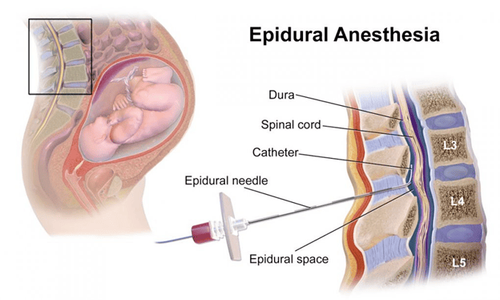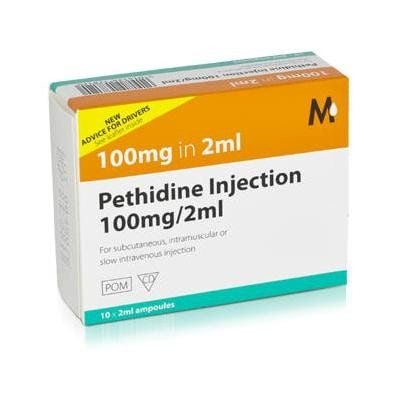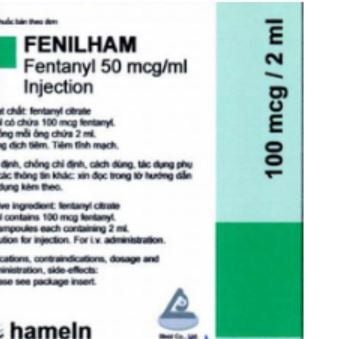This is an automatically translated article.
The article is expertly consulted by an Anesthesiologist, anesthesiologist, anesthesiologist - Department of General Surgery & Anesthesia - Vinmec Hai Phong International General Hospital.Epidural anesthesia is an anesthetic method commonly used in hysterectomy with ureteroplasty to inhibit nerve conduction in the area innervated by nerve roots. When appointing epidural anesthesia in this type of surgery, it is necessary to pay attention to some contraindications and possible complications for timely management.
1. What is an epidural?
Anesthesia in hysterectomy with ureteroplasty usually uses epidural anesthesia or a combination of spinal and epidural anesthesia. This is a regional anesthetic technique that is performed by injecting local anesthetic into the subarachnoid space and epidural space or only injecting into the epidural space to temporarily inhibit segmental nerve conduction through nerve roots to help meet the requirements of surgical anesthesia and analgesia.
Gây tê ngoài màng cứng được chỉ định trong phẫu thuật cắt tử cung buồng trứng
2. When is epidural anesthesia indicated?
Epidural anesthesia will be indicated in the following cases:Hysterectomy with ureteroplasty in patients with genital tract cancer invading the bladder Patients with contraindications Relatively stable for endotracheal anaesthesia such as Mallampati 3 or 4, facial and neck contracture scarring that limits mouth opening, progressive tuberculosis, acute laryngitis, upper respiratory tract infection, aortic aneurysm. Helps relieve pain after surgery
3. Contraindications to note of epidural anesthesia
The following contraindications should be noted before choosing an epidural method:No patient consent Patient is allergic to local anesthetic There is inflammation in the needle puncture area Lack of circulation volume inadequate compensation, shock Patient has coagulopathy
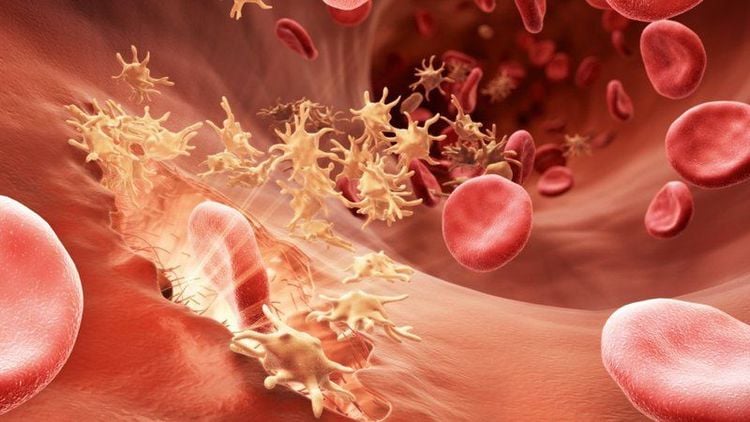
Không thực hiện gây tê ngoài màng cứng nếu bệnh nhân bị rối loạn đông máu
4. Issues to monitor after epidural
After successful epidural anesthesia in hysterectomy with ureteral resection, the patient should be monitored for the following signs:Vital signs include: Consciousness, pulse, arterial blood pressure , electrocardiogram, capillary oxygen saturation Degree of sensory and motor blockade Adverse effects of epidural and spinal anesthesia
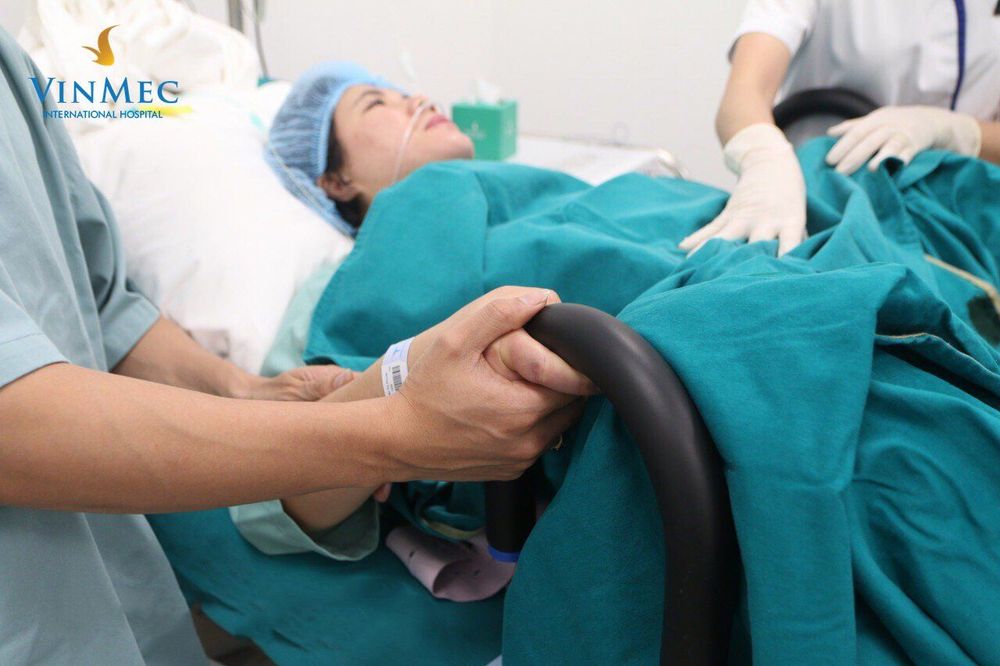
Cần theo dõi tình hình sức khỏe người bệnh sau khi gây tê ngoài màng cứng
5. Complications and appropriate management
Some complications and treatment in cases of epidural anesthesia include:Allergy, anaphylaxis to local anesthetics: Stop the anesthetic immediately and use the anti-anaphylaxis regimen according to the Ministry of Health Drug poisoning Numbness caused by mistaken injection into the blood vessel: Stopping local anesthetic, anticonvulsant, resuscitation, respiratory, circulatory, intralipid infusion in poisoning with local anesthetics bupivacaine and bupivacaine Epidural perforation: Withdraw needle, change another puncture site or switch Anesthesia method Hypotension, bradycardia: Treatment with vasopressors, atropine and fluid replacement Headache: immobilization, fluid resuscitation, use of analgesics, epidural patching with autologous blood Nausea and vomiting: Control blood pressure, use anti-emetics Urinary retention: Warm compress, bladder catheterization if necessary When anesthesia fails, need to switch to anesthesia method Vinmec International General Hospital with facilities and equipment With modern medical equipment and a team of experts and doctors with many years of experience in medical examination and treatment, patients can rest assured that they will be examined and treated at the hospital. h hospital.
Please dial HOTLINE for more information or register for an appointment HERE. Download MyVinmec app to make appointments faster and to manage your bookings easily.






